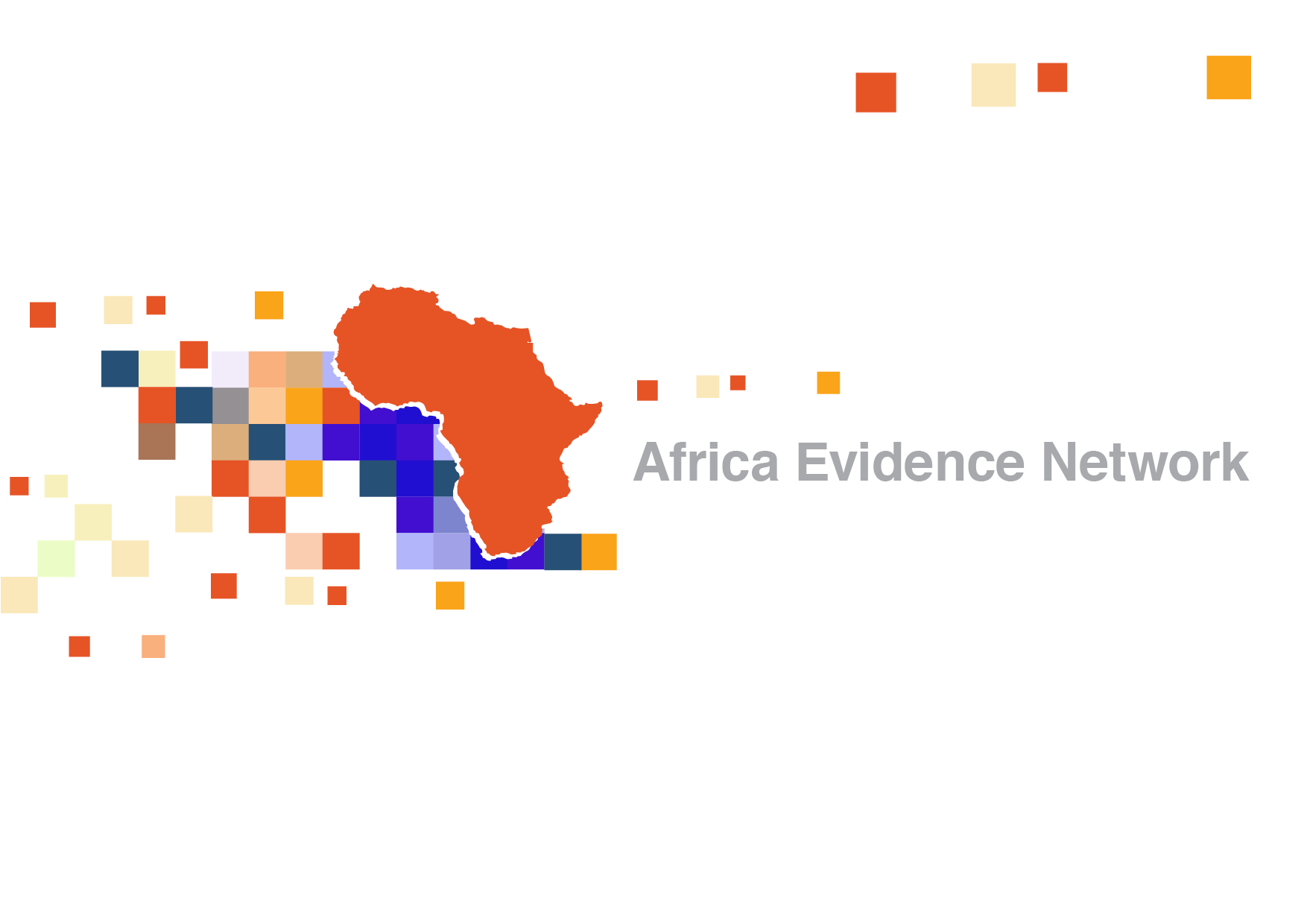
First published on the Guidelines International Network (GIN) website
The guidelines international network (G-I-N) is an international network of individuals and organisations whose mission is to lead, strengthen and support collaboration in guideline development, adaptation and implementation (www.g-i-n.net ).
The African community of the network began in 2015 with the GIN conference in Melbourne based on inspirations from Tamara Kredo, Frodo MacBecth and Patrick Okwen and stemming from the Cochrane indaba conference which challenged where and how clinical practice guidance were being developed. At the indaba, it was highlighted that guidelines were developed by experts in the north and mostly high income countries and to be implemented in the south with mostly low income countries. It highlighted the fact that with the push in Cochrane reviews developed by African authors and relevant to African community there is need for Africans to also take a lead in guiding clinical practice in Africa from an African context.
Since then the GIN African community has grown membership with about 15 individual members and 3 organisational and led by Dr Okwen Patrick Mbah. The gin Africa community was well represented at the GES 2017 where they had their annual meeting with about 30 members in attendance.
GIN Africa recognizes the challenges to evidence implementation in clinical practice guidance in Africa. First there is the lack of access by clinicians and policy makers which makes it difficult for patients, clinicians, and policy makers to implement evidence. There are also financial challenges across the whole evidence ecosystem with heavy dependence on foreign aid through health development projects for implementation. However, there exists several opportunities that may largely be unexploited. Cochrane has taken a good lead to make available free access to its database at www.cochrane.org to the African community.
In addition, Cochrane has instituted several opportunities for evidence synthesis including Cochrane African Network and the Learning Initiative for Experienced Authors which ensures African authors can take up tasks that are relevant to their context and be able to develop and synthesise evidence from their context. The Joanna Briggs Institute (www.joannabriggs.org ) also has program for evidence translation and implementation for clinicians. This program helps clinicians to use best available evidence to guide their practice. Several other resources are available from the MAGICApp Project (www.magicproject.org ), 3ie, the Centre for Development of Best Practices for Health (www.cdbh.org ), Effective Basic Services (www.ebaseafrica.org ), GESI Network, and the Africa Evidence Network amongst others.
Clinicians at primary healthcare level in Africa can tap from these resources to guide their practice. The African Guidelines Network African Community is currently working towards developing tools to facilitate funnelling evidence from these existing resources to primary care practice. This was the centre of discussion at the GES 2017 summit where we explored options for guidelines contextualisation as well the use of the SAGE Guidelines toolkit. GIN also provides huge networking opportunities for organisations in Africa to tap from experience, knowledge and resources from other members in the network to enable their own exposure and growth.
In order to provide GIN as a good resource stopover for clinicians, patients, policy makers and evidence implementation organisations in Africa, it is paramount that we are able to make available attractive resources for these stakeholders. These tasks need more individual and organisations form Africa to come on board and take leadership in the process. This is why GIN Africa community is always looking out for interested individuals and organisations to come on board and share their experiences and expertise and also have an opportunity to showcase their work.
To join GIN Africa community, please visit www.g-i-n.net or email G-I-N at office@g-i-n.net and join us on this amazing journey to make a difference in evidence based clinical practice guidance for Africa.
Disclaimer: The views expressed in published blog posts, as well as any errors or omissions, are the sole responsibility of the author/s and do not represent the views of the Africa Evidence Network, its secretariat, advisory or reference groups, or its funders; nor does it imply endorsement by the afore-mentioned parties.